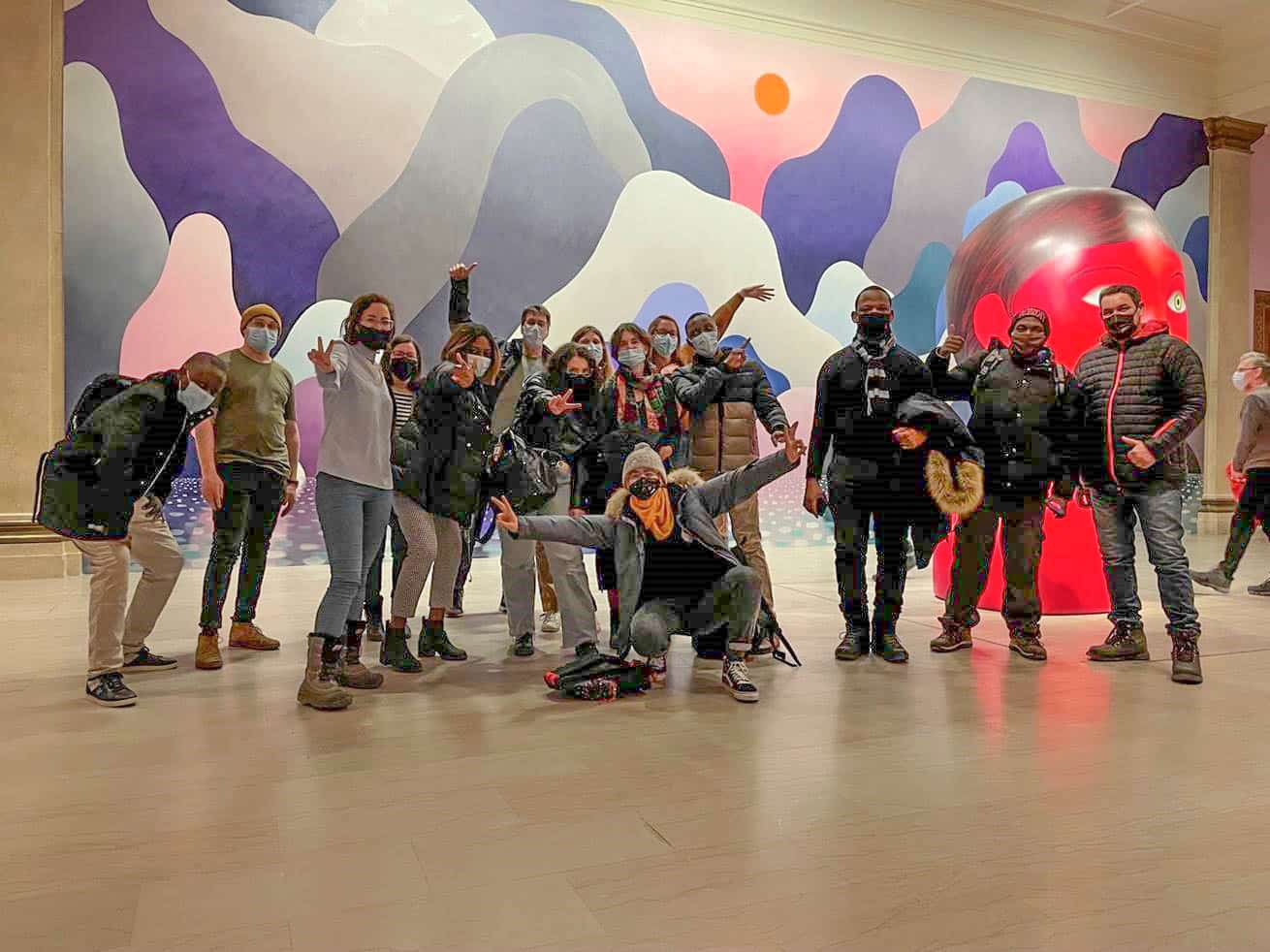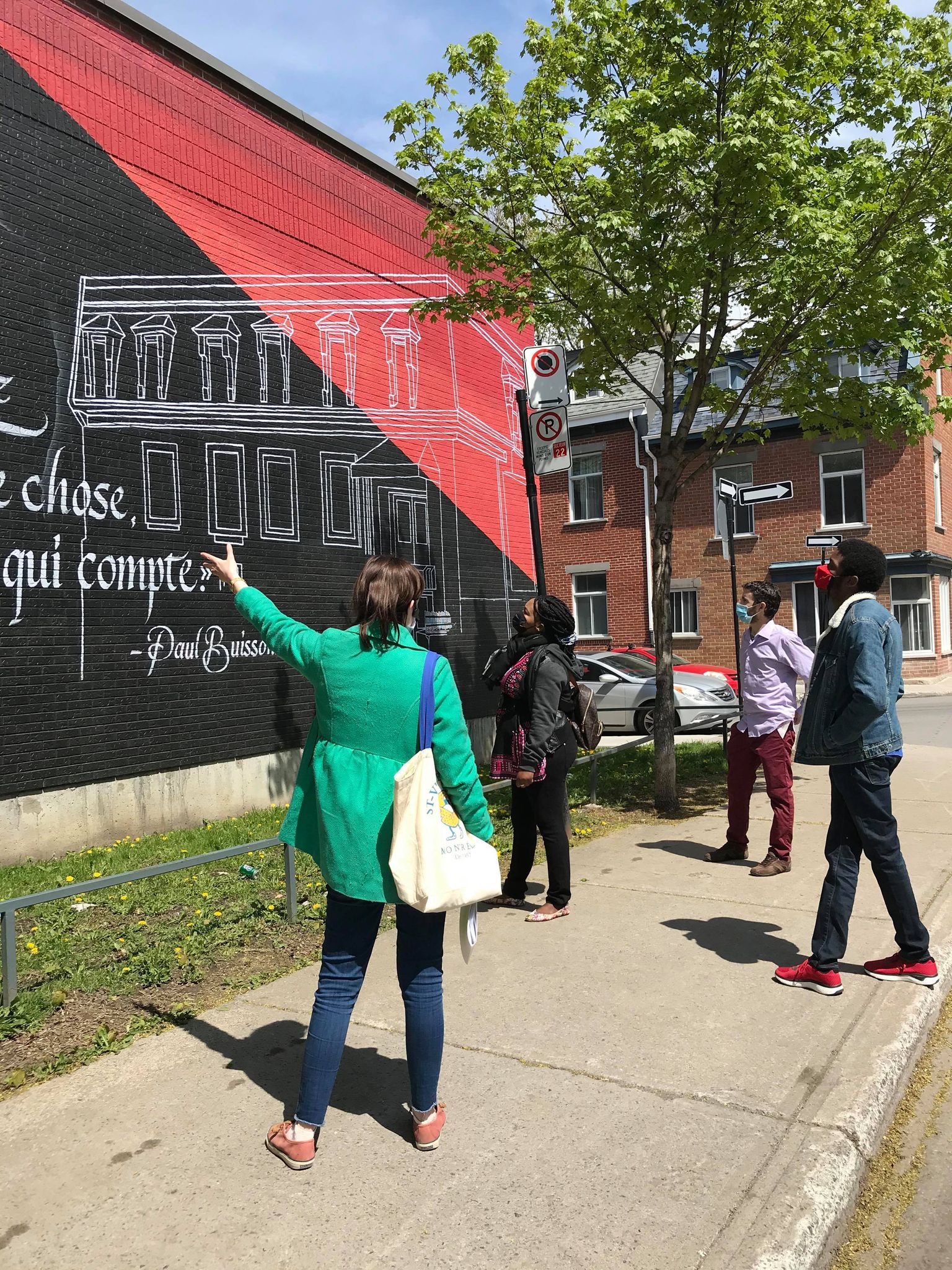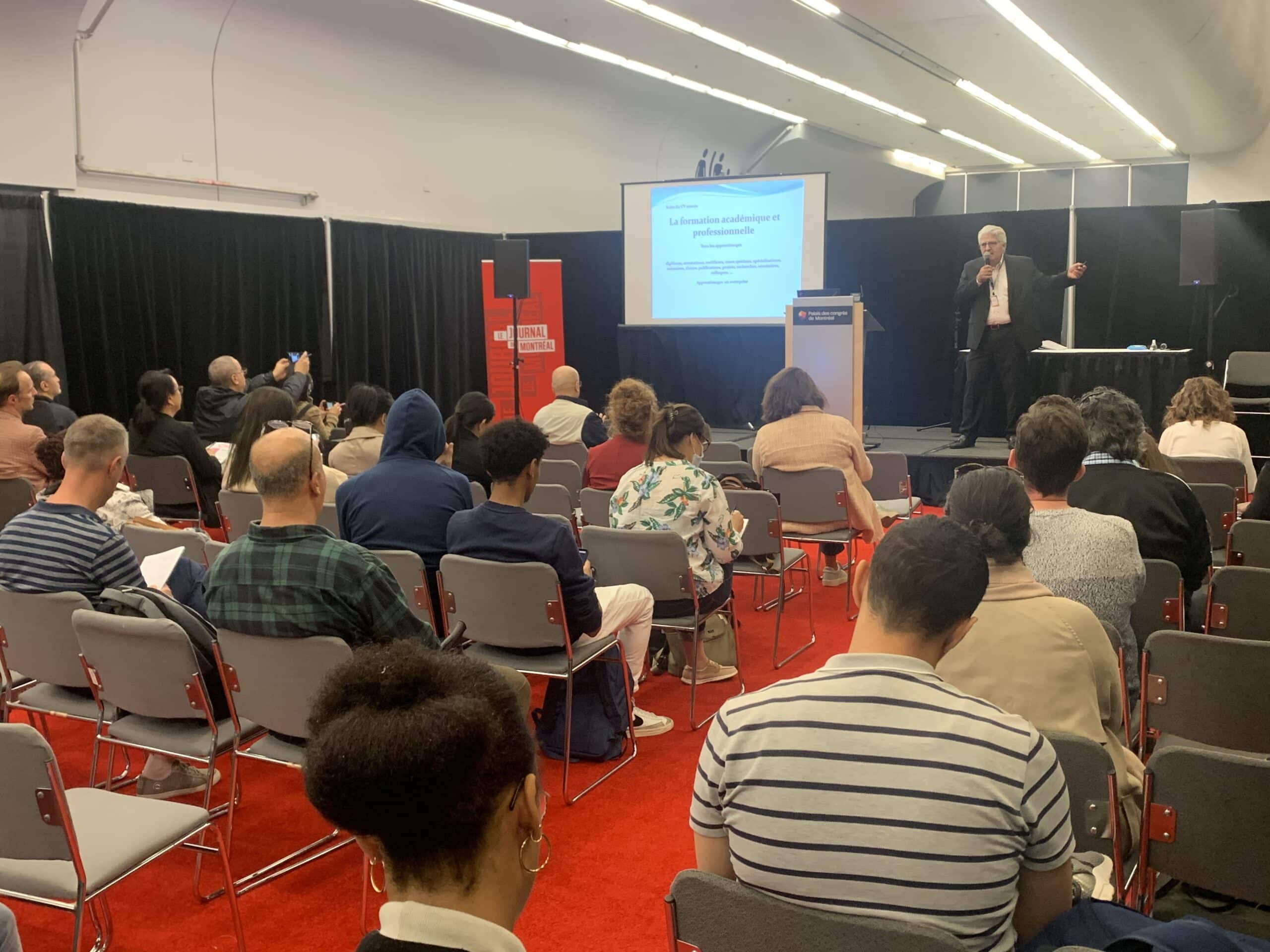Shared Housing – Les Habitations Partagées
Promoting integration and breaking isolation through cohabitation.
19 September 2023
With the rising cost of living and the increasing scarcity of available affordable housing, housing in Montreal is becoming a major challenge in the integration of newcomers. It is in this context that the “Shared Housing” (HP) pilot project saw the light of day in the early 2000s. Over the years, this innovative project has evolved to become a real formula for intergenerational and intercultural cohabitation. In this article, we will explore in depth the benefits of this project and how it contributes to solving some of the most pressing problems of our host society in Quebec.
A solution to the housing crisis and keeping our seniors at home:
The Habitations Partagées (HP) project was created in response to the housing crisis plaguing many cities in Quebec, but above all to respond to the growing desire of healthy and independent seniors to stay at home longer. . This project therefore provides an innovative solution by connecting a single person with another single person from two distinct groups: Montreal residents (preferably seniors aged 55+, but not only) with a room to rent and residents new arrivals looking for accommodation (foreign students, temporary workers, permanent residents or accepted refugees*). More than just shared accommodation, HPs promote true cohabitation, where hosts and seekers can develop meaningful connections by sharing interests and activities.
* Asylum seekers present in the country for less than 6 months are not eligible for this component. However, there is a housing search assistance service, a shared accommodation component intended exclusively for asylum seekers.
The advantages of shared housing:
The advantages of this formula are multiple and affect both hosts and applicants:
- Cost Savings: The host receives an amount allowing them to reduce their housing costs while the applicant benefits from decent housing at an affordable price.
- Breaking Isolation: Both seniors and newcomers benefit from each other’s presence. The elder by having company and the applicant by having the possibility of creating a social network even though he does not yet know anyone in the city.
- Security: Cohabitation offers a feeling of security, both for the hosts and for the applicants.
- Cultural exchange: Participants learn each other’s cultural codes (knowledge of Quebec culture, the city of Montreal and the host society, but also the applicant’s country of origin).
- Integration and social involvement: The host contributes to the newcomer’s social integration effort.
- Social network: Participants have the opportunity to network and create a strong social network.
- Mitigation of migratory shock: HPs can help to alleviate migratory shock by providing a supportive environment (resource person helping to decode the cultural codes of the host society).
- Language Practice: Applicants have the opportunity to practice French on a daily basis, hosts who wish can in turn discover a new language.
- Joint activities: Participants are encouraged to carry out joint activities such as leisure outings, sharing meals or even gardening.
Rigorous and free supervision:
This project is supervised in a rigorous and free manner. The House takes care of:
- Conduct an assessment interview with each applicant
- Ask for references to guarantee the seriousness and motivation of participants
- Visit the accommodation offered to ensure that they conform to the description given
- Conduct a criminal background investigation
- Organize a meeting between potential partners to get to know each other
- Provide a detailed memorandum of understanding setting out the rights and freedoms of each person as well as a fun guide to accompany you in this cohabitation experience
- Ensure a mediator role throughout the duration of the twinning by carrying out regular follow-ups and sharing proposals for activities organized by the Maisonnée
It is important to note that this project is funded by the city of Montreal and the Quebec Ministry of Employment and Social Solidarity, which makes it accessible to a greater number of people.
In short, Les Habitations partagées – Shared Housing (HP) represents a remarkable initiative that meets several essential needs, including the need for housing, to maintain social interactions, to stay at home as long as possible and to integrate as a newcomer. This formula for intergenerational and intercultural cohabitation offers a win-win solution for hosts and applicants, by helping to strengthen the social fabric of the Montreal community. Shared Housing is much more than just accommodation; they are the reflection of a united and inclusive community.
For more information on HP and to get involved in this project, do not hesitate to contact Anne-Virginie Boise, social worker at anne-virginie.boise@lamaisonnee.org or at 514-271-3533.
If you prefer, you can also fill out this form and you will be contacted as soon as possible:

HP
You might also be interested in
Together, let’s create a welcoming space for young people at La Maisonnée.
03 October 2023




